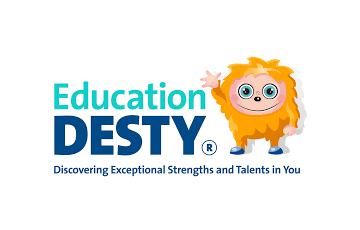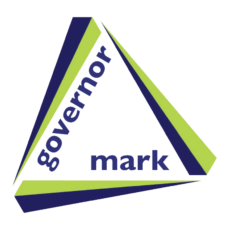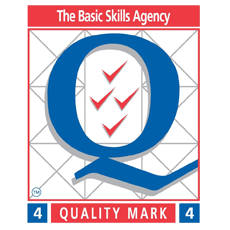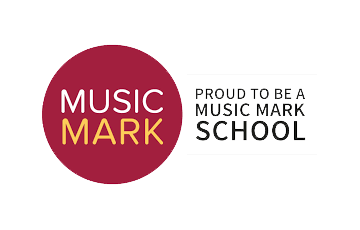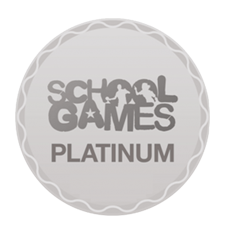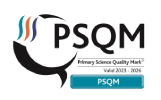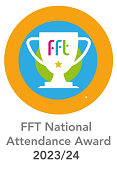Science
Mr. H Lamb - Science Subject Leader Mrs. A Finney - Link Governor
“The important thing is to never stop questioning.” – Albert Einstein
“Be less curious about people and more curious about ideas.” – Marie Curie
Science Intent
At Eccleston Lane Ends Primary School (ELE), our children are scientists! Our intent is to give every child a broad and balanced Science curriculum which enables them to confidently explore and discover what is around them, so that they have a deeper understanding of the world we live in. We want our children to love science. We want our children to remember their science lessons in our school, to cherish these memories and embrace the scientific opportunities they are presented with! To achieve this, it involves exciting, practical hands-on experiences that encourage curiosity and questioning. Our aim is that these stimulating and challenging experiences help every child secure and extend their scientific knowledge and vocabulary, as well as promoting a love and thirst for learning. At ELE, we have a coherently planned and sequenced curriculum which has been carefully designed and developed with the need of every child at the centre of what we do. We want to equip our children with not only the minimum statutory requirements of the science National Curriculum but to prepare them for the opportunities, responsibilities and experiences of later life.
Implementation
At ELE, Science topics are taught within each year group in accordance with the National Curriculum.
- Topics are blocked to allow children to focus on developing their knowledge and skills, studying each topic in depth.
- Every year group will build upon the learning from prior year groups therefore developing depth of understanding and progression of skills.
- Teachers promote enjoyment and foster interest of the scientific disciplines; Biology, Chemistry and Physics.
- Children explore, question, predict, plan, carry out investigations and observations as well as conclude their findings.
- Children present their findings and learning using science specific language, observations and diagrams.
- In order to support children in their ability to ‘Make it stick’ there are regular opportunities to review the learning taken place in previous topics as well as previous lessons.
- At the start of each topic children will review previous learning and will have the opportunity to share what they already know about a current topic.
- Children are given a knowledge mat at the start of each topic which details some key Science Curriculum Statement information and key vocabulary. This is not used as part of an assessment, but to support children with their acquisition of knowledge and are used as a reference document.
- Effective CPD and standardisation opportunities are available to staff to ensure high levels of confidence and knowledge are maintained.
- Effective use of education visits and visitors are planned, to enrich and enhance the pupil’s learning experiences within the Science curriculum.
- Teachers use highly effective assessment for learning in each lesson to ensure misconceptions are highlighted and addressed.
- Effective modelling by teachers ensures that children are able to achieve their learning intention, with misconceptions addressed within it.
- Through using a range of assessment tools, differentiation is facilitated by teachers, to ensure that each pupil can access the Science curriculum.
- Children are given clear success criteria in order to achieve the learning intention with differing elements of independence.
- Pupils are regularly given the opportunity for self or peer assessment, which will then be used to inform planning, preparation, differentiation and address misconceptions within that lesson, or for the next lesson.
- Cross-curricular links are planned for, with other subjects such as Maths, English and Computing.
Impact
The impact of this curriculum design will lead to outstanding progress over time, across key stages, relative to a child’s individual starting point and their progression of skills. Children will therefore be expected to leave Eccleston Lane Ends reaching at least age-related expectations for Science. Through various workshops, trips and interactions with experts our Science curriculum will lead pupils to be enthusiastic Science learners and understand that science has changed our lives and that it is vital to the world’s future prosperity. We want to empower our children so they understand they have the capability to change the world. This is evidenced in a range of ways, including pupil voice, their work and their overwhelming enjoyment for science.
Early Years and Foundation Stage
The Early Years Foundation Stage Curriculum supports children’s understanding of Science through the planning and teaching of ‘Understanding the World.’ Children find out about objects, materials and living things using all of their senses looking at similarities, differences, patterns and change. Both the environment and skilled practitioners foster curiosity and encourage explorative play, children are motivated to ask questions about why things happen and how things work. Our children are encouraged to use their natural environment around them to explore. Children enjoy spending time outdoors exploring mini-beasts and their habitats, observing the changing seasons, plants and animals. Children regularly participate in cookery and baking sessions which allows them to experience changes in state as ingredients are mixed, heated and cooled.
Knowledge Mats



.PNG)



